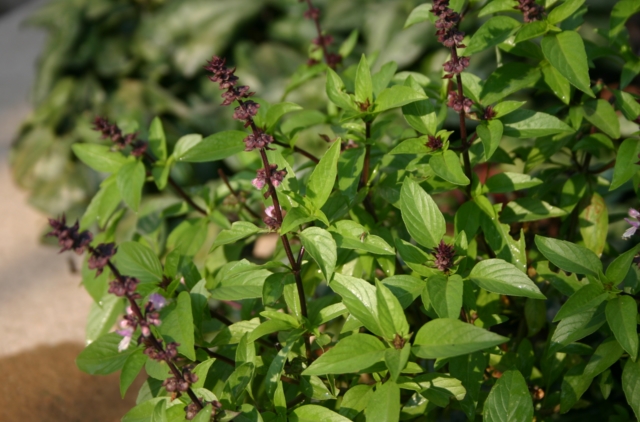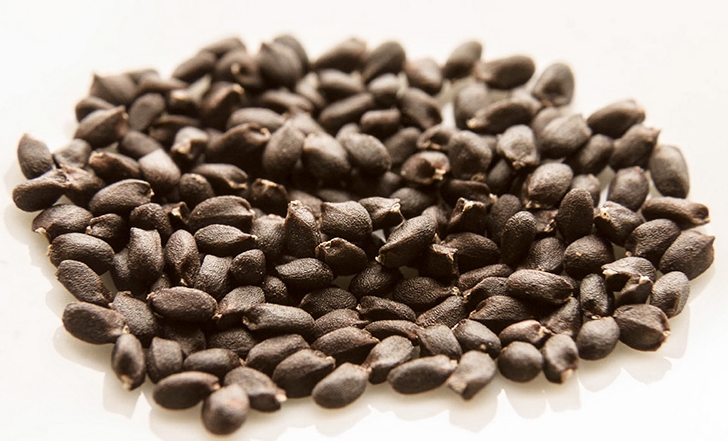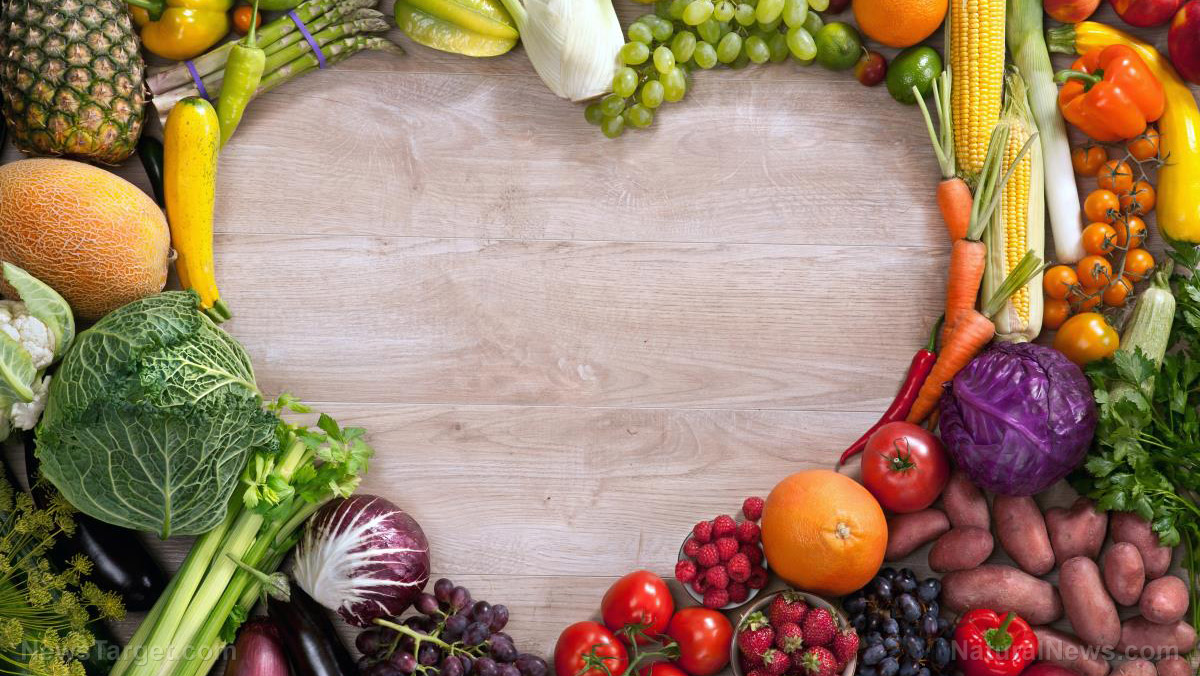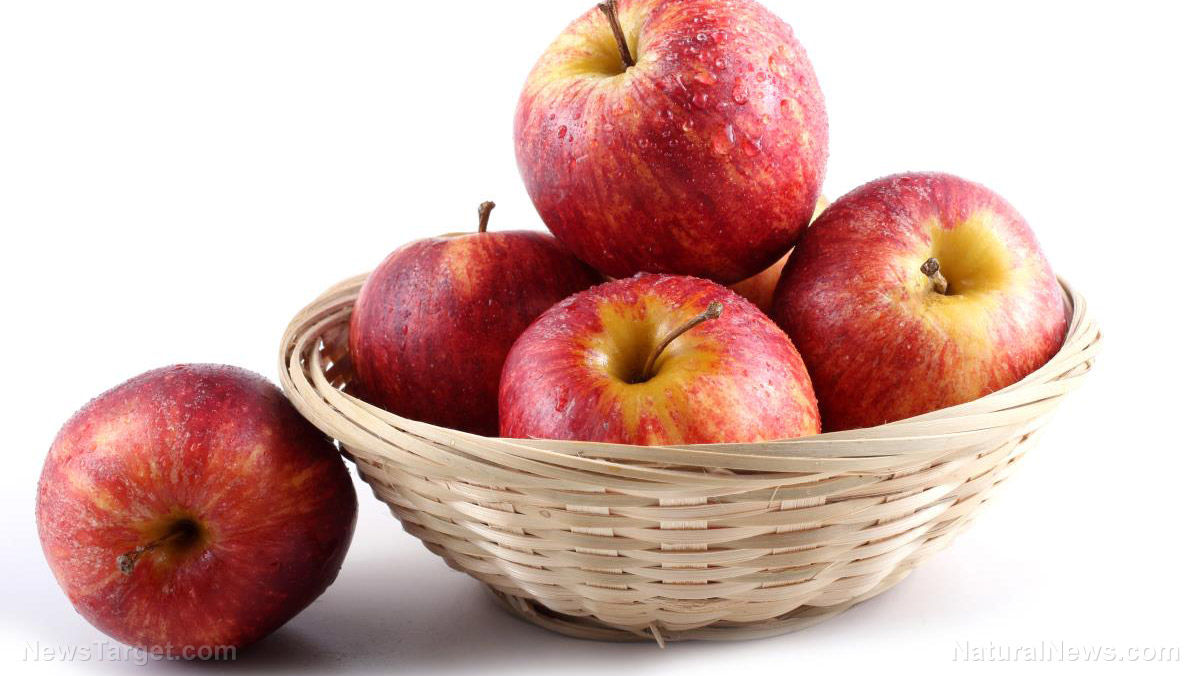Are Basil Seeds the New Superfood?
04/14/2016 / By supplementsreport

Basil seeds have been used traditionally in Ayurvedic and Chinese medicine and now they’re starting to get noticed in the West. Although research is still emerging to support the various health claims surrounding basil seeds, they definitely look like a healthy seed worth adding to your diet.
(Article by Zoe Blarowski, republished from https://ecowatch.com/2016/04/14/basil-seeds-new-superfood/)

Although research is still emerging to support the various health claims surrounding basil seeds, they definitely look like a healthy seed worth adding to your diet. Photo credit: María Helena Carey / Flickr
Which Basil Seeds?
The basil seeds that are used for eating are the seeds from the sweet basil plant, Ocimum basilicum. They are also called Thai basil seeds, falooda, sabja, subza, selasih or tukmaria.
This is different from the holy basil plant, Ocimum tenuiflorum, which is also called tulsi. The leaves and oil of holy basil are used in Ayurvedic medicine for many purposes, but typically not the seeds.
Sweet basil seeds are a similar size as chia seeds. The difference is basil seeds are completely black and tear-shaped, whereas chia seeds are typically mottled shades of grey with brown and have a more rounded shape.
Like chia, basil seeds become gelatinous when soaked in water. They are used in drinks in many Asian countries for thickening as well as for health.
Read more at: https://ecowatch.com/2016/04/14/basil-seeds-new-superfood/
Tagged Under: Ayurvedic medicine, basil, Tulsi





















